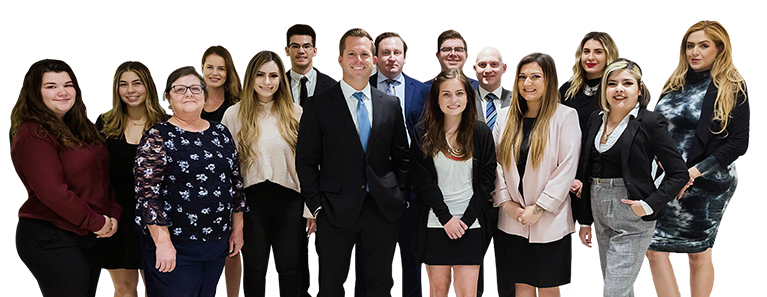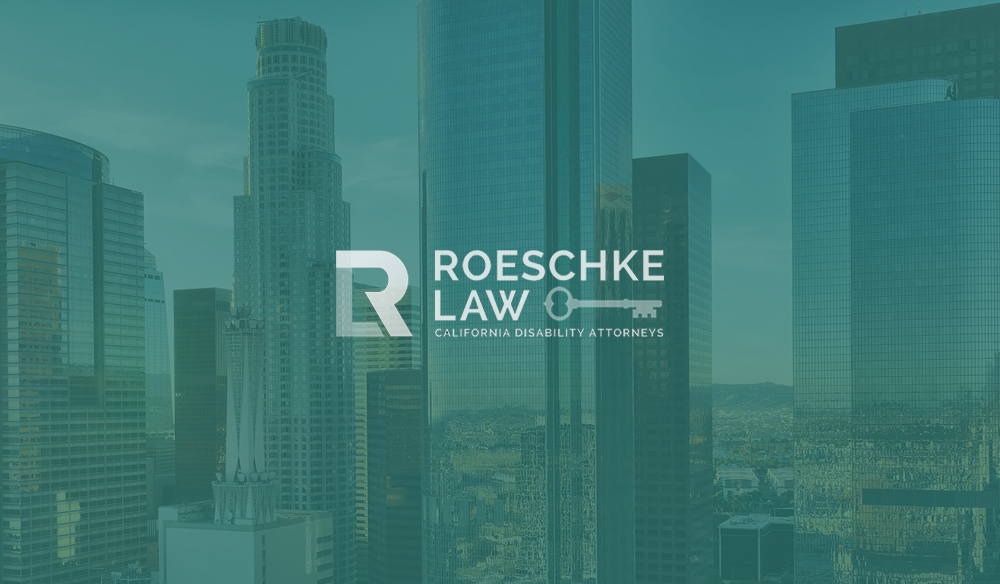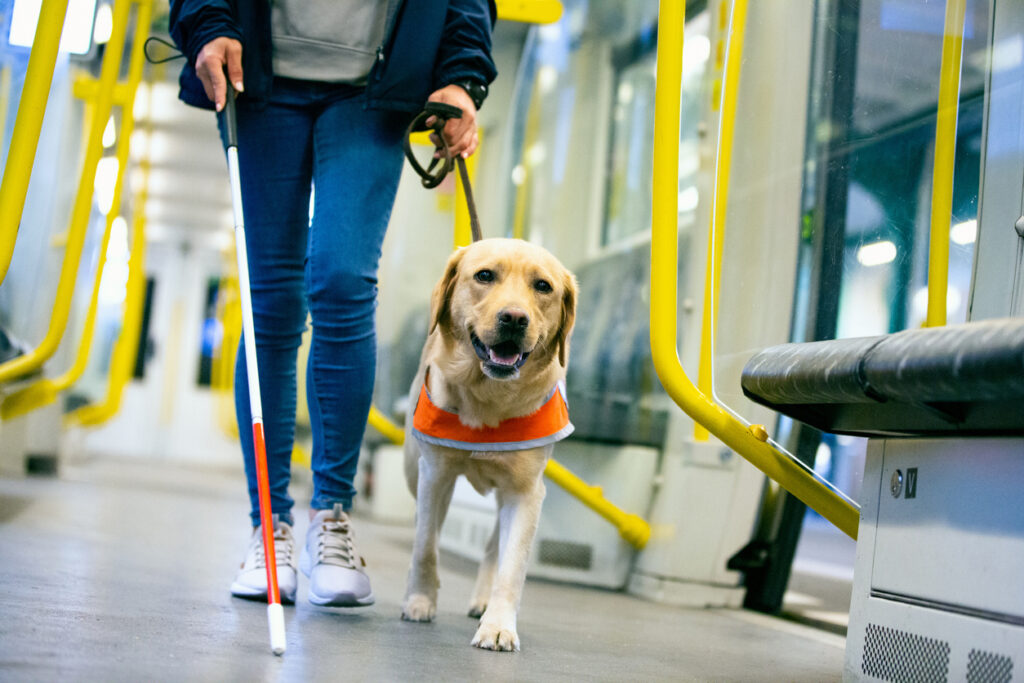What Are the Eligibility Requirements for Social Security Disability Benefits in California?
To be eligible for Social Security Disability (SSD) benefits in California, certain requirements must be met. Initially, you must have a medical condition that hinders your ability to work. This condition should be anticipated to last a minimum of one year or be expected to result in death. The Social Security Administration (SSA) has a listing of impairments that are automatically recognized as disabilities. However, even if your condition is not included, you might still qualify if it significantly restricts your capacity to perform basic work activities.
Work Credits and Income Limits
Work credits play a significant role in eligibility. These credits are earned through employment where Social Security taxes are paid. Typically, 40 credits are necessary, with 20 of them acquired in the ten years leading up to the year you became disabled. Younger individuals may qualify with fewer credits. Furthermore, your earnings must be below a particular limit, known as Substantial Gainful Activity (SGA). If you earn above the SGA threshold, you might not be deemed disabled.
Residency and Citizenship
U.S. citizenship or meeting specific residency criteria is another requirement. Non-citizens can qualify under certain situations, such as holding a valid work visa or being a permanent resident. Each situation is unique, so it’s crucial to fully comprehend these requirements before applying.
Additional Considerations for Social Security Disability Eligibility
Beyond medical conditions and work history, the Social Security Administration (SSA) also evaluates other factors when determining eligibility for Social Security Disability (SSD) benefits. Your age, education, and ability to perform alternative work are significant elements in the decision-making process. If you cannot return to your previous job but could adjust to a different type of work, your application may face additional scrutiny.
Additionally, individuals applying for Supplemental Security Income (SSI), a program similar to SSD but designed for low-income individuals, must meet strict financial resource limits. This includes restrictions on savings, property, and other financial assets. Understanding these additional requirements and how they apply to your specific situation can help you prepare a stronger application and improve your chances of approval.
How Can I Prepare a Strong Social Security Disability Application?
Creating a robust SSD application requires collecting comprehensive documentation. Begin with gathering all pertinent medical records, which should include thorough reports from your healthcare providers detailing your diagnosis, treatment, and prognosis. The more detailed your medical documentation, the stronger your application will be.
Documenting Your Work History
It’s important to document your work history, including job titles, responsibilities, and length of time in each role. The SSA will use this data to assess your ability to perform any previous jobs or adapt to other work. Ensure your descriptions are thorough and accurate.
Personal Statement and Additional Evidence
Including a personal statement can be beneficial. This narrative should discuss how your condition impacts your daily activities and work capacity. Additional evidence, such as statements from family or friends, can further support your case by providing insight into how your disability affects your life outside of a clinical environment.
Can I Expedite the Social Security Disability Application Process in California?
Waiting for an SSD application decision can be frustrating, but there are ways to speed things up. One method is through the Compassionate Allowances program, designed to fast-track applications for those with severe and easily identifiable medical conditions.
Quick Disability Determination
Another option is Quick Disability Determination (QDD), which uses a computer-based predictive model to flag cases likely to be approved. If your application qualifies for QDD, it might be processed more quickly.
Dire Need and Terminal Illness
If you’re facing severe financial hardship or have a terminal illness, you can request expedited processing. Provide evidence to support your case, such as eviction notices or medical records indicating a terminal diagnosis. While these options don’t guarantee a faster decision, they can considerably reduce waiting times.
What Should I Do If My Social Security Disability Application is Denied?
If you receive a denial letter, don’t lose hope. You have the right to appeal the decision. The initial step is to ask for a reconsideration, which involves a fresh review of your application by someone not involved in the original decision-making process.
Requesting a Hearing
Should your reconsideration request be denied, you can ask for a hearing before an administrative law judge. This hearing is your chance to present new evidence and clear up any misunderstandings. Thorough preparation is vital for this hearing.
Appeals Council and Federal Court
If the judge rejects your claim, you can elevate the appeal to the Social Security Appeals Council. If necessary, you can even take your case to a federal court. Each appeal level has specific deadlines, so prompt action is essential. If you’re dealing with the complexities of the SSD application process, consider consulting with an experienced attorney to safeguard your rights.
How Can a Social Security Disability Attorney Help Me with My Application?
The SSD application process can be overwhelming. An experienced attorney can offer indispensable help, assisting you in gathering and organizing all necessary documentation to ensure nothing is missed. This meticulous preparation can significantly influence the outcome of your application.
An attorney can also represent you during hearings and appeals. If your application is denied, they can guide you through the appeal process, improving your chances of success. Their expertise in the legal system and SSD regulations can be a valuable asset.
Having legal assistance can provide peace of mind, allowing you to focus on your health and well-being. If you’re thinking about applying for SSD benefits, contact Roeschke Law, LLC, today at 800-975-1866 for a free consultation.














